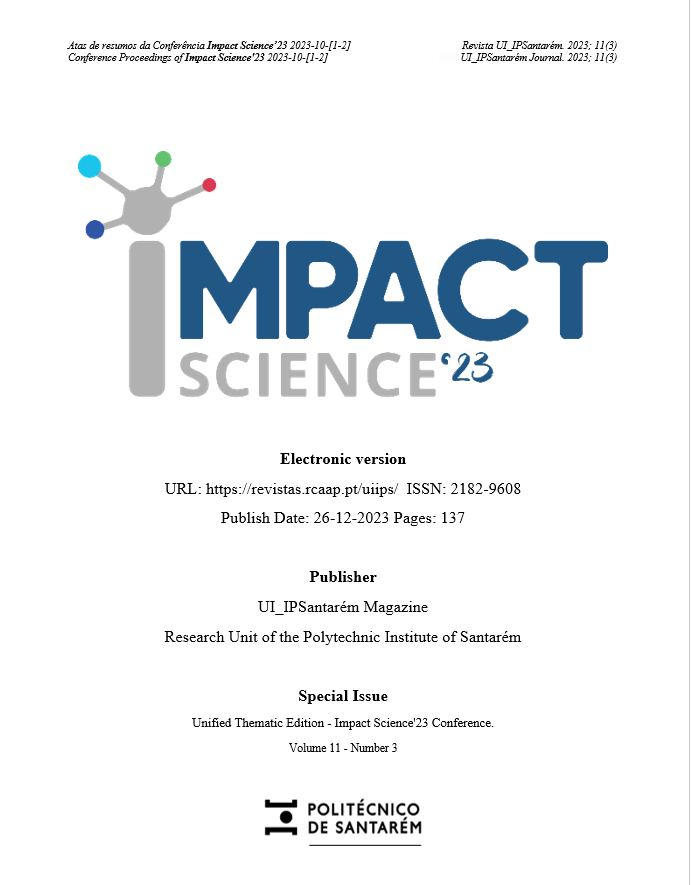Evaluation of the Satisfaction of Employees and State Agents in relation to the Single Salary Table (TSU) in Mozambique: The Case of Licungo University
DOI:
https://doi.org/10.25746/ruiips.v11.i3.32488Keywords:
FAE's Satisfaction, TSU in Mozambique, Unilicungo Dissatisfaction, Strengths and Weaknesses of TSU, Perception of Injustice, Recommended Salary ReformAbstract
The satisfaction of State Employees and Agents (SEA) deserves constant attention from governments, due to the effect it has on the provision of quality public services. The research aims to assess SEA satisfaction with the introduction of the Single Salary Table (TSU) in Mozambique. Empirically, there is a relationship between FAE remuneration and satisfaction. This research is a pioneer in the country, assuming that the TSU has been in force since February 2022. A qualitative approach was used, supported by a bibliographic review and a case study at a public higher education institution, Licungo University (UL). Data collection was carried out using an online form, which allowed responses to be obtained from 61 SEA. The results indicated that the FAE assigned to the UL are dissatisfied with the TSU, in several areas: level of salary framework, criteria adopted to define the base salary, and with the subsidies granted. Strengths of the TSU were identified as increasing the minimum wage and valuing professional experience. The weaknesses of the TSU are summarized in the lack of clarification by the competent bodies, reduction of subsidies, unfairness in the salary framework, devaluation of research and the academic level of the SEA, lack of motivation, and high salary discounts. The results expose a perception of injustice between the UL SEA and the TSU, which goes against the spirit of its implementation in the country. The research concluded that the public sector salary reform must be rethought, in order to increase the satisfaction of the affected SEA in the higher education subsystem, specifically at UL. The research suggests a salary reform that takes into account the specificities of different professional groups, as well as the nature, complexity and responsibility of the work of SEA. Academic level and professional experience should also be valued, as they are an added value that SEA bring to improving the provision of public services. It is proposed to reintroduce age as a criterion for defining salary levels, from a progressive perspective. In order to value the effort and motivate UL's SEA, it is suggested that they include the performance criterion, such as variable remuneration. In general, the TSU can use remuneration criteria that value the performance and contribution of the SEA to achieving objectives and the quality of public services, and not simply based on quantitative criteria.
Downloads
Published
How to Cite
Issue
Section
License
Copyright (c) 2023 Nicolau Armando

This work is licensed under a Creative Commons Attribution-NonCommercial-NoDerivatives 4.0 International License.
Authors publishing in this journal agree to the following terms:
Authors retain copyright and grant the journal the right of first publication, with the article simultaneously licensed under the Creative Commons Attribution License that allows sharing of the work with acknowledgement of authorship and initial publication in this journal.
Authors are permitted to enter into additional contracts separately for non-exclusive distribution of the version of the article published in this journal (e.g., publish in an institutional repository or as a book chapter), with acknowledgment of authorship and initial publication in this journal.
Authors have permission and are encouraged to publish and distribute their work online (e.g., in institutional repositories or on their personal webpage) at any point before or during the editorial process, as this may generate productive changes, as well as increase the impact and citation of the published work.



